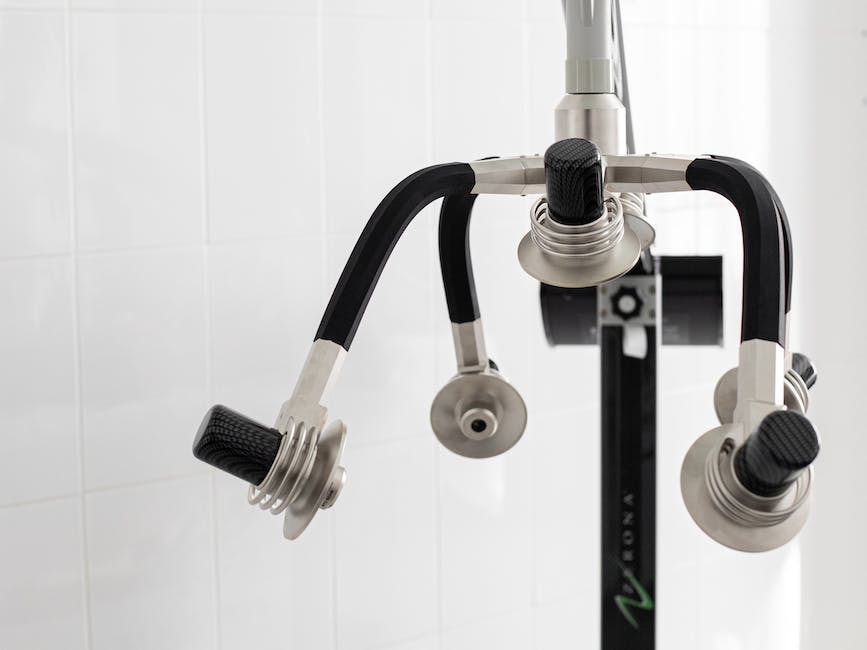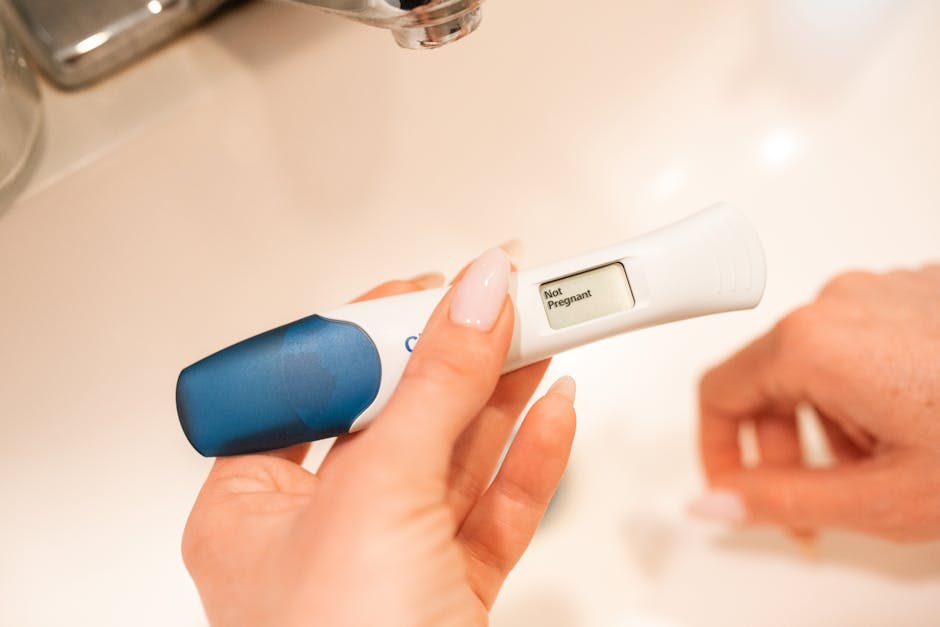The Pros and Cons of Being a Nurse
Exploring the Benefits and Drawbacks of the Nursing Profession
Being a nurse is a noble and rewarding profession that requires dedication, compassion, and a strong desire to help others. Nurses play a crucial role in the healthcare system, providing direct patient care, advocating for patients, and supporting healthcare teams. With the opportunity to make a positive impact on people's lives, being a nurse can be deeply fulfilling. However, it also comes with its own set of challenges and demands. In this article, we'll explore the advantages and disadvantages of being a nurse, shedding light on the key aspects of this important profession.
From the emotional rewards of making a difference in patients' lives to the physical and mental strain of long shifts and high-pressure work environments, the nursing profession presents a multifaceted landscape. Whether you're considering a career in nursing or simply want to understand the intricacies of this vital profession, this article will provide valuable insights into the pros and cons of being a nurse.
Pros
Embarking on a nursing career opens the door to a myriad of benefits and gratifying experiences that extend beyond financial rewards. Here are some compelling advantages of being a nurse:
Diverse Career Opportunities
The field of nursing offers a wide range of specialization options, allowing nurses to pursue areas such as pediatric care, oncology, critical care, mental health, and more. This diversity enables nurses to follow their passions and develop expertise in specific areas of healthcare.
Job Stability and Demand
As essential members of the healthcare workforce, nurses are in high demand globally. With the ongoing need for skilled healthcare professionals, nursing provides a strong sense of job security and stability, offering opportunities for career growth and professional development.
Flexible Work Environment
Nursing offers flexibility in work schedules, including options for part-time, full-time, and shift-based work. This adaptability allows nurses to balance their professional commitments with personal responsibilities, making it conducive to achieving a healthy work-life balance.
Team Collaboration and Camaraderie
Nurses work closely with interdisciplinary teams, fostering collaborative relationships with doctors, therapists, and other healthcare professionals. The sense of camaraderie and teamwork enhances the nursing experience, creating a supportive environment for delivering comprehensive patient care.
Flexible Work Schedules
One advantage of being a nurse is the opportunity for flexible work schedules. Many healthcare facilities offer nurses the option to work part-time, full-time, or on rotating shifts, which can be beneficial for those seeking a work-life balance or pursuing further education. Flexible scheduling also allows nurses to accommodate personal commitments and family responsibilities.
Continual Learning and Professional Growth
Nursing offers ongoing opportunities for learning and professional development. Nurses can pursue advanced degrees, specialized certifications, and training in new technologies or techniques. This continual learning not only enhances a nurse's skill set but also opens doors to career advancement and higher-paying positions within the healthcare field.
Professional Growth and Development
Being a nurse offers the opportunity for continuous professional growth and development. Nurses can pursue advanced degrees, specialized certifications, and training programs to enhance their skills and expand their career options. The field of nursing is constantly evolving, providing nurses with the chance to stay updated with the latest medical advancements and practices.
Making a Positive Impact on Lives
Nurses have the privilege of making a profound and positive impact on the lives of their patients. By providing compassionate care, emotional support, and essential medical assistance, nurses play a crucial role in improving the wellbeing of individuals and communities. The satisfaction of knowing that they are positively impacting the lives of others can be a major source of motivation for nurses.
Personal Fulfillment
Nurses have the unique opportunity to make a meaningful difference in the lives of their patients. From providing comfort and empathy to promoting healing and recovery, the sense of fulfillment that comes from positively impacting others' well-being is deeply rewarding.
Missing a pro?
Let us know which pro you are missing!
Cons
While the nursing profession offers numerous rewards, it also entails distinct challenges and complexities. Here are some of the notable disadvantages associated with being a nurse:
Physical and Emotional Demands
Nursing often involves long and strenuous shifts, demanding physical stamina and emotional resilience. The nature of patient care can expose nurses to emotionally taxing situations, potentially leading to burnout and compassion fatigue.
Workplace Stress and Pressure
Healthcare environments can be fast-paced, high-stress settings where nurses must navigate intense workloads, critical decisions, and unexpected emergencies. Managing the inherent pressures of the job while maintaining quality care can pose significant challenges.
Exposure to Health Risks
Nurses are frequently exposed to contagious illnesses, infectious diseases, and workplace hazards, necessitating stringent adherence to safety protocols and infection control measures. This exposure to health risks underscores the importance of prioritizing personal well-being and safety.
Emotional Toll of Patient Suffering
Witnessing the pain and suffering of patients, particularly in acute or critical care settings, can take a toll on nurses' emotional well-being. Coping with distressing situations and maintaining professional composure amidst adversity can be emotionally challenging.
Mental and Physical Exhaustion
The demanding nature of nursing roles can lead to mental fatigue and physical exhaustion, especially during prolonged shifts and periods of heightened workload. Balancing self-care practices with the rigors of nursing is essential for sustaining well-being.
Exposure to Illnesses and Occupational Hazards
Working in a healthcare setting exposes nurses to various illnesses and occupational hazards. They are at risk of contracting contagious diseases from patients, and may also face workplace hazards such as needlestick injuries and exposure to potentially harmful chemicals. Additionally, the physical demands of the job can contribute to musculoskeletal injuries and strain.
High Stress and Emotional Burden
Nursing can be emotionally taxing due to exposure to suffering, trauma, and loss on a regular basis. The high-stress environment, coupled with the responsibility of making life-or-death decisions, can lead to emotional strain and burnout. Witnessing patients in distress or experiencing tragic outcomes can have long-term psychological effects on nurses, requiring effective coping mechanisms and support systems.
Challenging Work Environment
Nursing can often involve working in high-stress and challenging environments, such as emergency rooms, intensive care units, or understaffed facilities. The fast-paced nature of nursing can lead to high-pressure situations, critical decision-making, and the need to handle complex medical scenarios, increasing the potential for burnout and emotional strain.
Impact on Personal Life
The demanding nature of nursing can take a toll on a nurse's personal life. Irregular work schedules, long shifts, and overtime hours can disrupt work-life balance. Additionally, witnessing the suffering of patients on a daily basis can also impact a nurse's mental and emotional wellbeing, making it essential for nurses to prioritize self-care and seek support when needed.
Missing a con?
Let us know which con you are missing!
Conclusion
In conclusion, the nursing profession offers a blend of intrinsic rewards and inherent challenges. While the gratification of positively impacting patients' lives and the breadth of career opportunities within nursing are undeniably appealing, it's crucial to acknowledge the physical, emotional, and mental demands that come with the job. By recognizing both the benefits and drawbacks of being a nurse, individuals can make informed decisions about pursuing this crucial and impactful career path.
What do you think?
Do you think the pros outweigh the cons?








